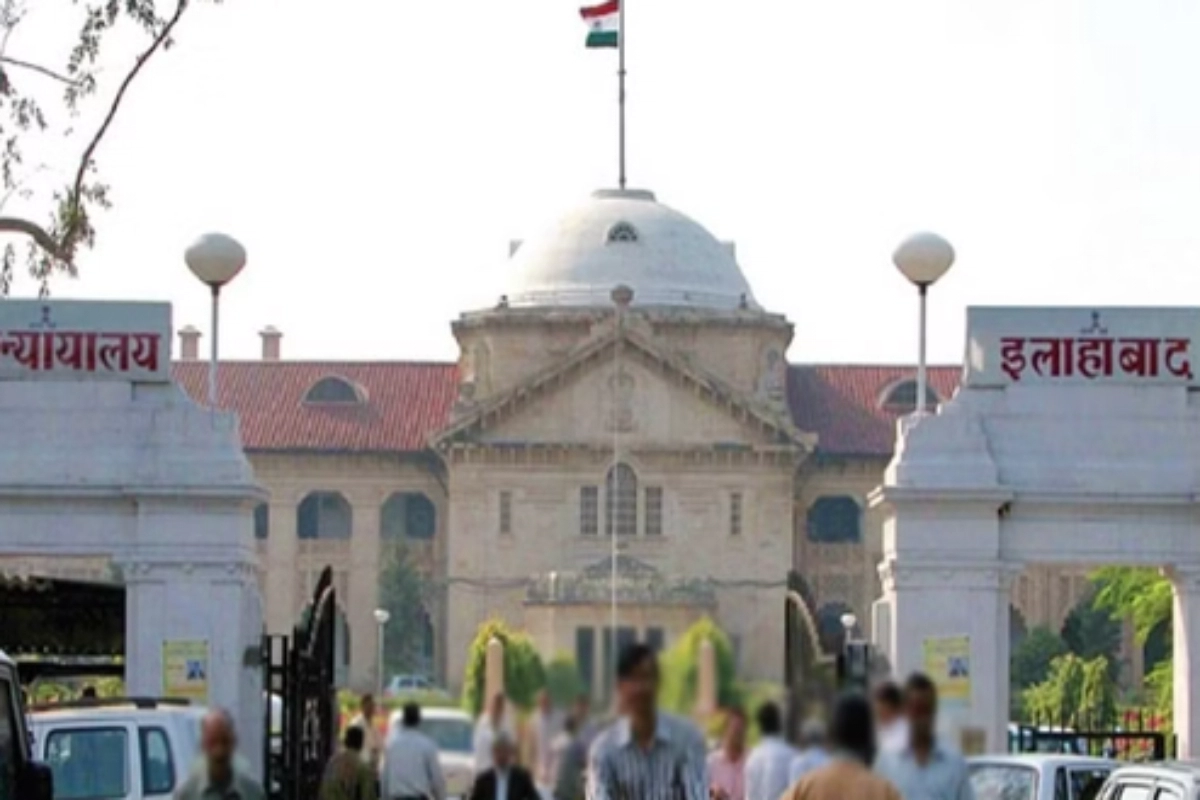Muslim Live in Relationship: The Allahabad High Court ruled on Wednesday that Muslims who have a spouse are not allowed to claim rights in a live-in relationship because it is against Islamic law. During the hearing of a writ petition filed by Sneha Devi and Mohd Shadab Khan, the Lucknow bench consisting of Justices AR Masoodi and AK Srivastava-I made these statements. Following Sneha Devi’s parents’ filing of a kidnapping case against Khan, the couple requested protection from police action.
Devi Sent to Parents’ Custody
Devi was ordered by the court to be sent under guard to her parents. The woman’s parents accused the petitioners of kidnapping her, despite their claims to be living together. Citing their adult status and prior Supreme Court decisions about adults’ freedom to cohabit in a live-in relationship, they also requested protection for their lives and liberties.
Islamic Tenets and Live-In Relationships
The bench said, “Islamic tenets do not permit live-in relationships during the subsisting marriage. The position may be different if the two persons are unmarried and the parties being major choose to lead their lives in a way of their own,” as it declined to issue a ruling on the matter of life and liberty protection.
Following an investigation, the bench learned that Khan wed Farida Khatoon in 2020 and the two had a child together. In order to achieve social coherence and achieve the goal of achieving peace and tranquility in society, the court noted that constitutional morality and social morality in the matter of marriage institutions needed to be balanced. If this weren’t the case, the social coherence would eventually fade and disappear. Additionally, it instructed the police to send Sneha Devi, the petitioner, to her parents under guard.
Protection Under Article 21
The court noted that although the couple requested protection under Article 21 (protection of life and personal liberty), “The constitutional morality may come to the rescue of such a couple and the social morality settled through the customs and usages over ages may give way to the constitutional morality and protection under Article 21 of the Constitution of India may step in to protect the cause. The case before us is, however, different.”
The bench further declared that if usages and customs forbade such a relationship between the two people of different faiths, then the constitutional protection under Article 21 of the Indian Constitution would not lend an uncanalized support to such a right.






